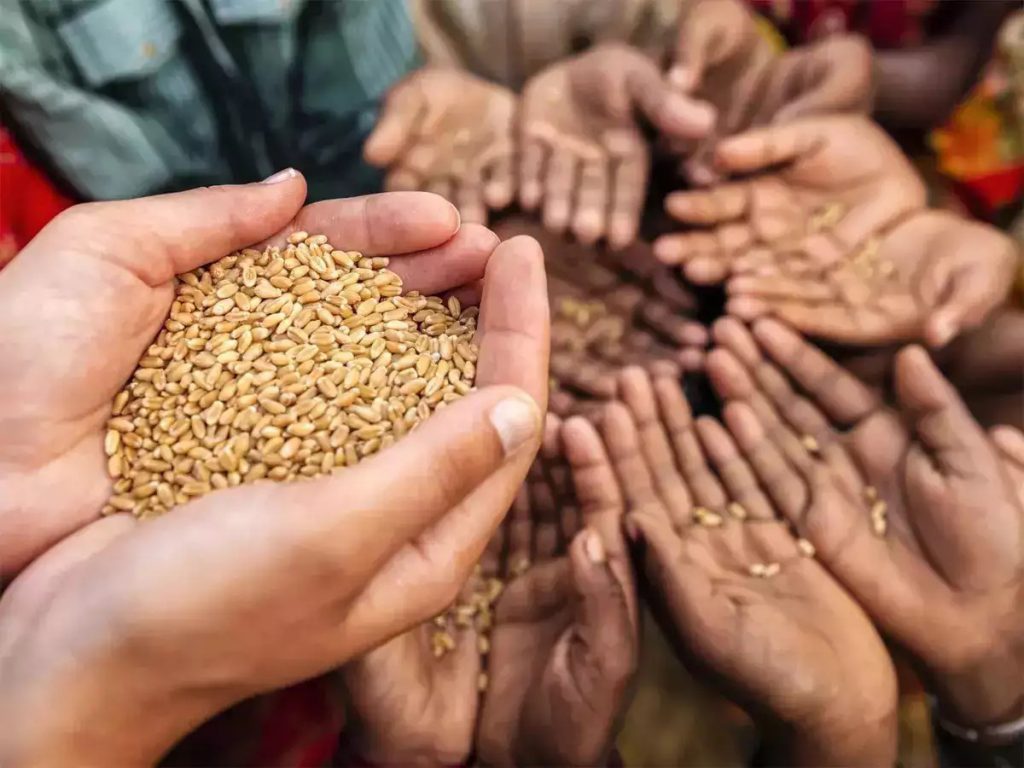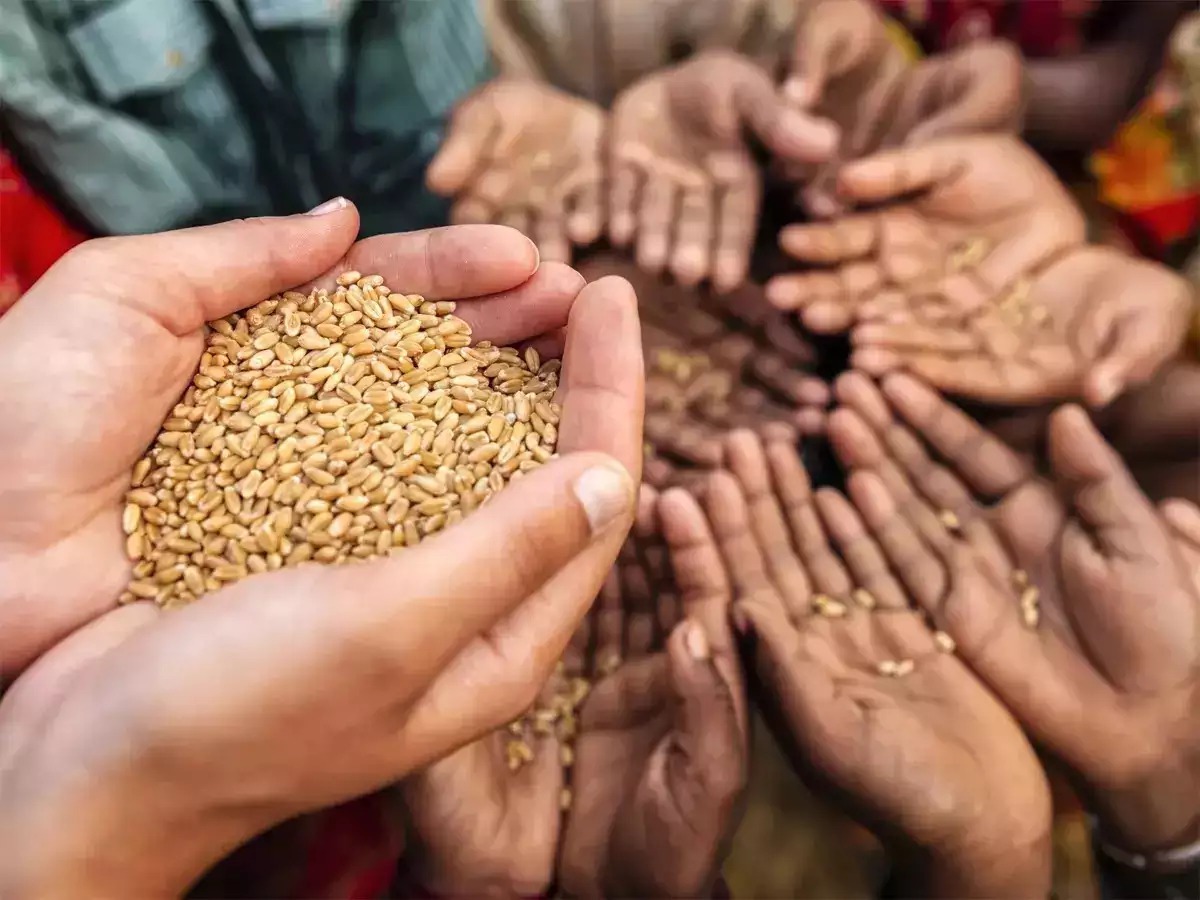Synopsis
Farmers have also increased acreage under rapeseed, the key winter-sown oilseed, to 7.1 million hectares as of Nov. 25, up from last year’s 6.2 million hectares, the Ministry of Agriculture & Farmers’ Welfare said in its weekly update of sowing data. An intense spell of post-monsoon rains in October and November raised soil moisture levels and helped farmers bring in more area under wheat, the main winter crop, farm experts and growers say.
Indian farmers have planted wheat on 15.3 million hectares since Oct. 1, when the current sowing season began, up nearly 11% from a year ago, the government data showed on Friday, as record high prices have encouraged planting.
Farmers have also increased acreage under rapeseed, the key winter-sown oilseed, to 7.1 million hectares as of Nov. 25, up from last year’s 6.2 million hectares, the Ministry of Agriculture & Farmers’ Welfare said in its weekly update of sowing data.

An intense spell of post-monsoon rains in October and November raised soil moisture levels and helped farmers bring in more area under wheat, the main winter crop, farm experts and growers say.
Higher wheat output could encourage India, the world’s second biggest producer of the grain, to consider lifting a May ban on exports of the staple.
India, also the world’s second bigger consumer of wheat, banned exports as a sharp rise in overseas shipments after Russia invaded wheat exporter Ukraine raised concern about local availability even as an intense heat wave shrivelled the crop.
Despite the ban, wheat prices have soared to a record high, prompting the government to weigh measures such as the release of state reserves into the open market while axing the 40% tax on imports to cool prices.
Between Oct. 1 and Nov. 15, the total oilseed area touched 7.6 million hectares, up from 6.7 million hectares during the same period last year.
Higher oilseed output will help India, the world’s biggest cooking oil importer, to cut expensive purchases of edible oils from Malaysia, Indonesia, Brazil, Argentina, Russia and Ukraine.
In the fiscal year to March 31, 2022, New Delhi spent a record $18.99 billion to import vegetable oils, prompting Prime Minister Narendra Modi to voice concerns about India’s rising vegetable oil import bill.
As part of efforts to reduce India’s dependence on edible oil imports, New Delhi has granted environmental clearance for indigenously developed genetically modified mustard seeds, part of the rapeseed family.
Read more at-https://bit.ly/3OGNDXx



